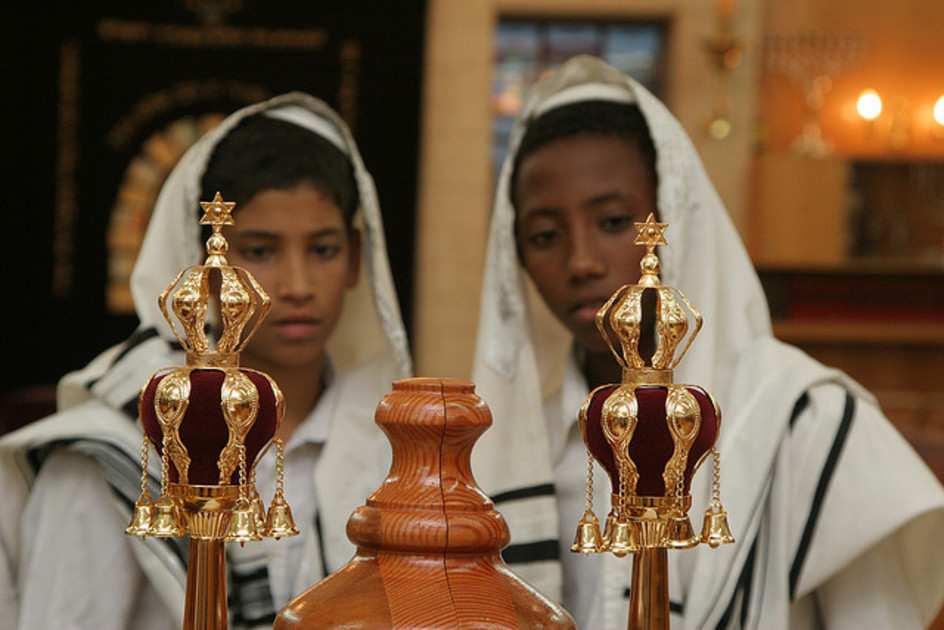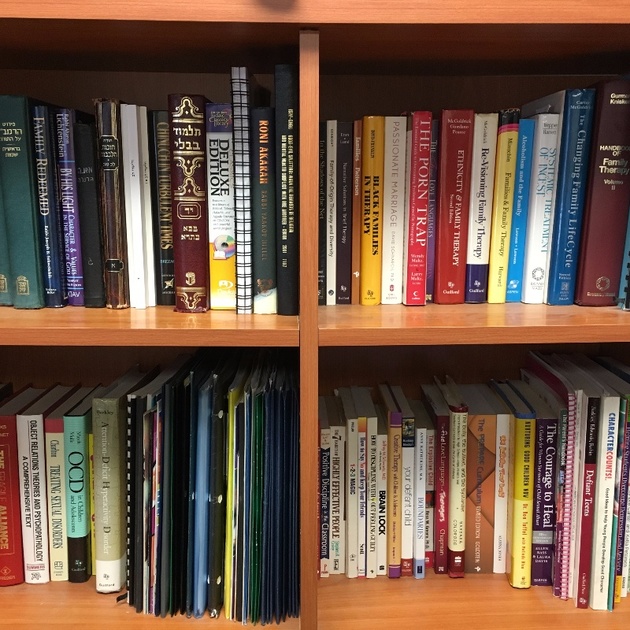
(This is the last post of the series. It continues our conversation about being connected and it then it summarizes.)
Choosing connectedness also means identifying who your friends are and forging potentially lifelong relationships with them. Choose friends who are wholesome, who are supportive of you and your growth and to whom you enjoy giving.
Invest in these friendships. I’m speaking less about giving stuff and more about giving time and attention to the people who are important in your life. (This is the inner meaning of what we learn in Pirkei Avot: Kenei Lecha Chaver/Acquire for yourself a friend.)
It’s also not a bad idea to connect with a mentor. This can be someone who is even just a little older than you, in whose presence you feel safe. A mentor is someone who doesn’t just teach you from a book; he is someone who models what it’s like to live a healthy, connected, integrated life. A true mentor is like a guide who walks a few or more feet ahead of you and “lights the way”.
Finally, Torah study is one of the primary Mitzvot and overall experiences by which we discover G-d, ourselves and the connection that binds us. On the surface, the Torah may seem like an inspiring collection of stories and laws. As we probe deeper, though, we find secrets about spirituality, psychology and the meaning of existence.
Your job, as a Bar Mitzvah, is to immerse yourself in Torah study, to seek understanding and, most importantly, if you are unclear about something, to ask questions. There are few things that will be as valuable to you as the questions you ask. They could be She’eilot – questions that seek clarification – or Kushyot – questions that uncover a difficulty or contradiction.
Your questions are your toehold into the text that you are learning. Sometimes they are the key to unlocking the mysteries of the page; sometimes they are not. Either way, write them down. Leave spaces for answers. You might find an answer that day; it may take many days, or even months or years.
There was once a famous Rabbi on the East Coast – Rabbi Ya’akov Yitzchok Ruderman – who was actually able to memorize each and every one of the over 2700 pages of the Talmud he studied by a Kushya – difficulty – that he had on it.
The Kushyot you ask are the catalysts of creation. They are your Kinyan – your way of acquiring and owning the Jewish texts that you learn. Your Rebbi may not be able to answer each question you pose, at the exact moment that you share it with him. Still, I would hope that he can show your question the dignity that it deserves. Some people actually choose their Rebbi for life, based on how he approaches the questions, both She’eilot and Kushyot – that they bring him.
So, here’s the summary of what we’ve talked about.
- As you become a Bar Mitzvah, you are almost a full-fledged adult.
- Mitzvah observance is your responsibility and, on some level, your choice, even as you still find yourself surrounded by rules made by others.
- You are now smarter. You think in different and more sophisticated ways (not just what is, but what if).
- You can judge ideas and behaviors as being helpful or not, right or wrong.
- You are in the midst of experiencing a number of physical and mind-related changes.
- This leaves you in the role of choosing whether to follow the rules imposed by others.
- When you are free to choose, you become the creator of your world.
- Remember: Choose connection over estrangement, being part of vs. being apart from.
- Connection comes through Mitzvot and Torah study.
- Choose your friends wisely and invest in your friendships
- Connect with a mentor in whose footsteps you can follow..
- Be in touch with your questions – both Kushyot and She’eiolot – and write them down.
- Find for yourself a Rebbi who treats your questions with dignity and answers (at least most of) them in a way that makes sense to you.
Mazal Tov again. Don’t forget: the choices that you make over the next few years are the steps you will take in crossing the bridge from being just a kid to becoming a man.
This series of posts is adapted from my contribution to: From Bar Mitzvah and Onward: Thirteen stories and insights for the road ahead, published by the Bitton family of Chicago.
 Previous
Previous

